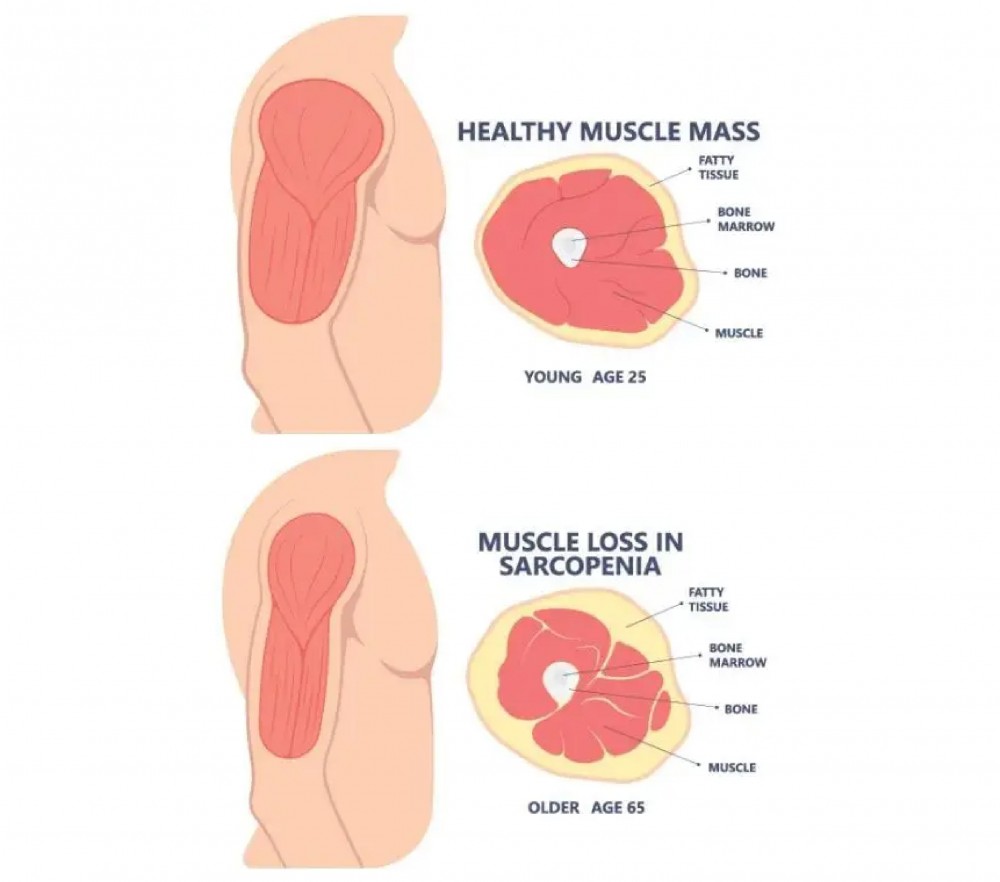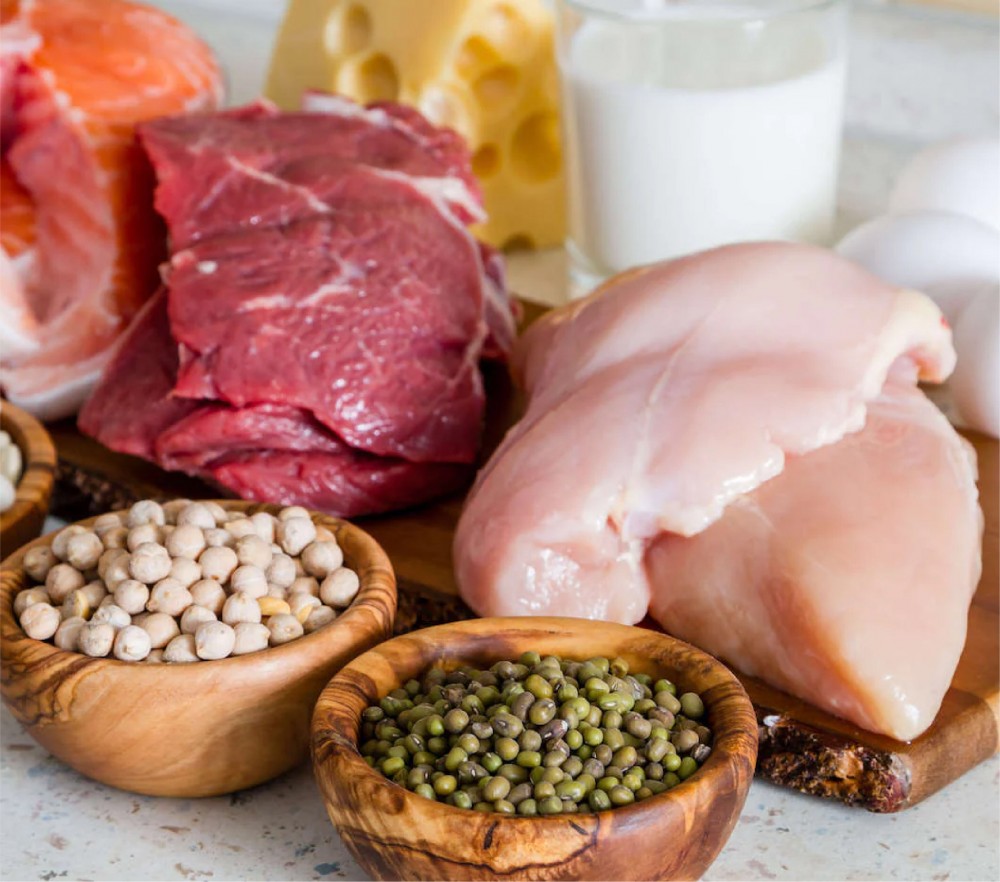
As we age, maintaining muscle strength becomes more important than ever. Muscle loss, or sarcopenia, can affect mobility, balance, and overall health. One of the most effective tools to combat this is protein, but not all proteins work the same. Understanding how to choose the right protein can make a big difference in protecting your muscles and maintaining your independence.
Muscle protein synthesis — the process your body uses to build and repair muscle — becomes less efficient with age. This is called anabolic resistance, meaning older adults need more protein than younger people to achieve the same muscle-building effect. Experts recommend a protein intake of 1.2 to 1.6 grams per kilogram of body weight daily to help preserve muscle mass.

Protein supplies the essential building blocks—amino acids—that muscles need to repair and grow. It is especially important after exercise, which causes tiny muscle damage so that the body rebuilds stronger. Eating enough high-quality protein helps maintain your strength, balance, metabolism, and recovery from illness.
Proteins differ in quality, digestibility, and their ability to stimulate muscle growth. Key factors to consider include:

Here is a quick look at common protein sources:
Distributing protein intake evenly throughout the day helps maximize muscle protein synthesis. Aim for about 25–30 grams of protein per meal. Consuming protein soon after exercise is particularly beneficial because your muscles are more receptive to nutrients.
Pairing protein intake with resistance exercises — like weight lifting, bodyweight exercises, or resistance bands — enhances muscle growth and strength.
Fighting muscle loss is not just about eating more protein — it is about eating the right protein in the right amounts and at the right times. By choosing high-quality protein sources and combining them with regular resistance exercise, you can protect your muscles, boost your strength, and maintain your independence as you age.
Subscribe for our latest news and be the first to know about our offers.